S. Caucasus in Tokyo Olympics: highlights
Main achievements of South Caucasus in Olympic Games in Tokyo
The Tokyo Olympics were held in an extraordinary manner – a year late and without spectators. Athletes from Georgia, Azerbaijan, and Armenia also competed among more than 11,000 athletes from 206 countries.
For Georgia it was an unprecedented success, for Azerbaijan – the worst result in 25 years and for Armenia – the third-best in 25 years.
Georgia – an unprecedented success
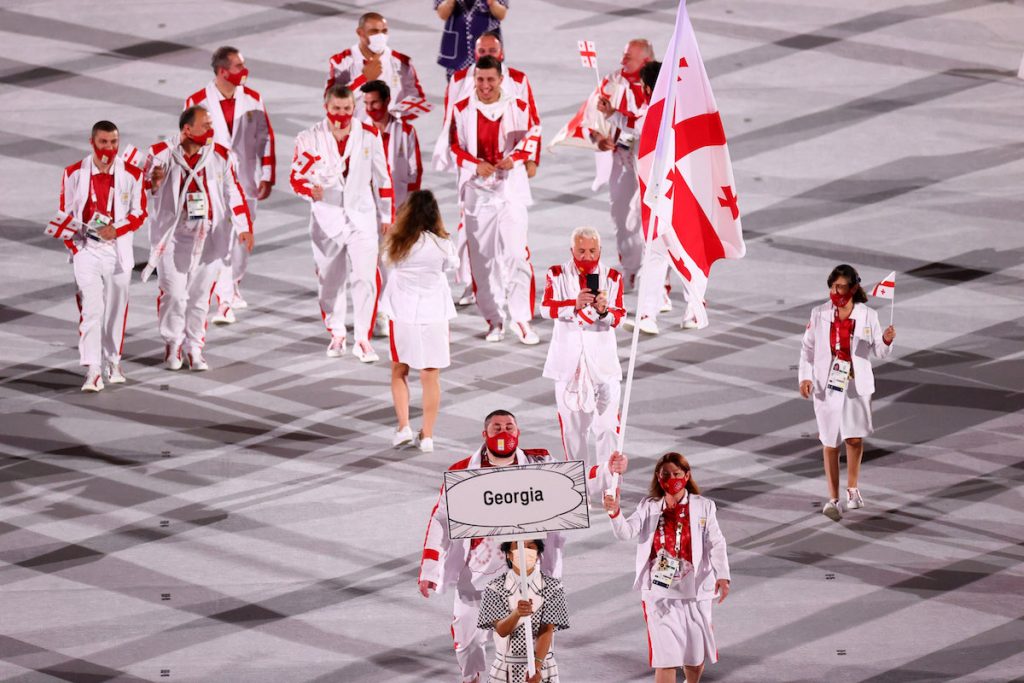
Georgia showed the best result among the three countries of the South Caucasus as the Olympic Games in Tokyo was unprecedented for it.
Never before Georgia has won a total of eight medals at Olympics: two gold, five silver and one bronze.
This marks the best result in the history of independent Georgia.
In total, 33 Georgian athletes participated in the Tokyo Olympics. They competed in 11 different disciplines.
Judoka Lasha Bekauri and weightlifter Lasha Talakhadze became this year’s Olympic champions and gold medalists.
In general, the Georgian delegation took 33rd place and became one of the twenty most successful European countries at the Olympics.
Georgia has won over many countries that spend much more money and resources on sports. For example, according to the final results, Turkey, Greece, Austria, Argentina and Portugal were behind.
Georgia ranked third among the post-Soviet countries, which is also a historical result as Georgia has surpassed such sports giants as Ukraine and Belarus.
Olympic champions Lasha Bekauri and Lasha Talakhadze will receive a million lari each [approximately $ 330,000] from the state.
Lasha Bekauri, a 21-year-old Georgian athlete in the 90 kg weight category, said that he would spend part of this amount on helping to return his grandmother and aunt to Georgia.
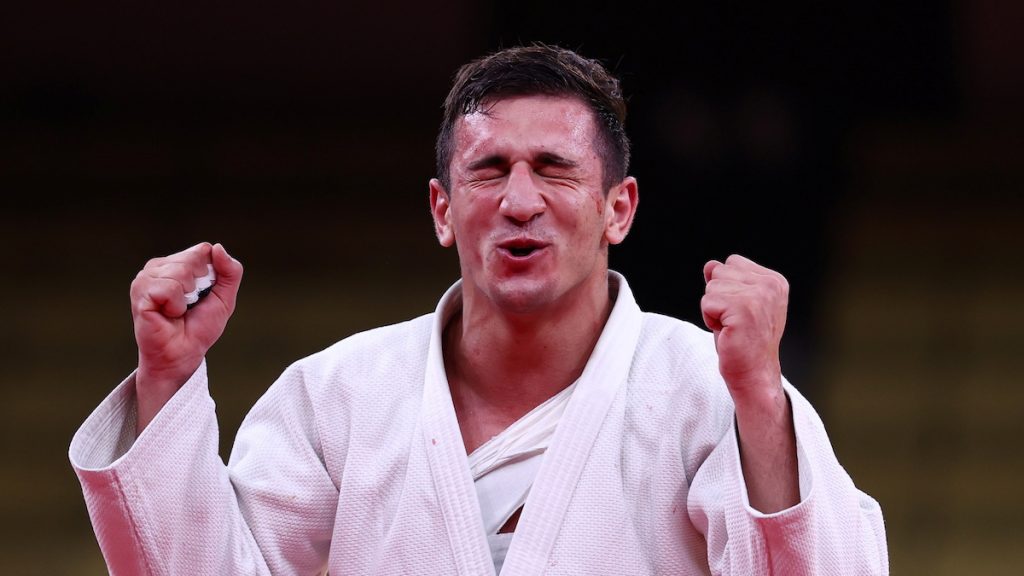
Lasha Talakhadze is a much more experienced athlete. He is the first athlete to become a two-time Olympic champion on behalf of independent Georgia.
The four-time world champion and five-time European champion Talakhadze brought his first Olympic gold from Rio de Janeiro in 2016.
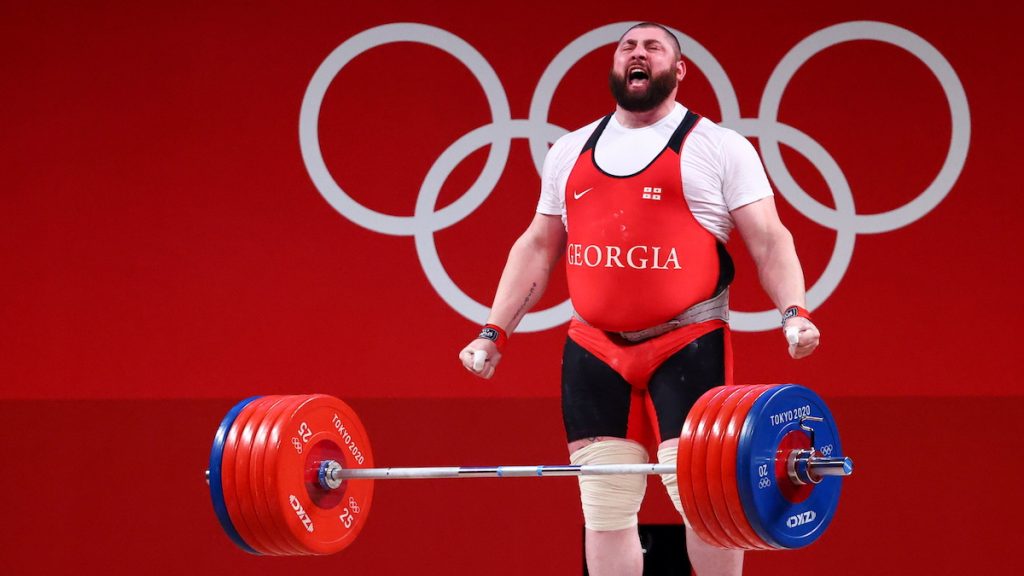
Lasha Talakhadze is a heavyweight, performing in the +109 kg weight category. In total, in Tokyo, he lifted 488 kilograms and beat the world record that he set before.
Georgia gained one more, ninth medal. 30-year-old Georgian wrestler Zurab Datunashvili (87 kg) won the bronze medal on behalf of Serbia at the Tokyo Olympics.
Datuashvili left Georgia and the Georgian national team in 2019 after an incident with the President of the Georgian Wrestling Federation Gega Gegeshidze. Gegeshidze insulted the future Olympian and said that he was not needed in the team because he was weak.
One of the most memorable shots of the Georgian delegation at the Tokyo Olympics was the sincere emotions of the head physician of the Georgian national team Zurab Kakhabrishvili:
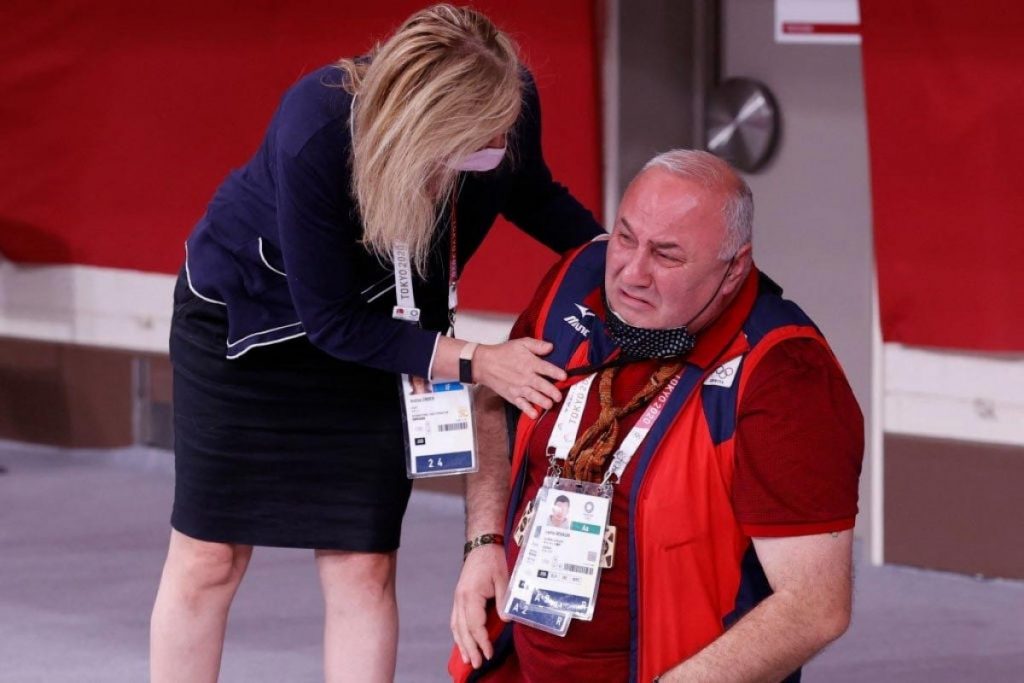
Azerbaijan – the worst result in 25 years
At the Olympic Games in Tokyo, the Azerbaijani national team was represented by 44 athletes and showed the worst result since the 1996 Olympics.
The Azerbaijani team was able to win 3 silver and 4 bronze medals. Previusly, only at the Games in Atlanta, a debut for Azerbaijani athletes (1996), the team did not win any gold medals, and this was repeated a quarter of a century later in the capital of Japan.
It is also significant that of the seven winners of the Tokyo Olympics, only three are natives of Azerbaijan itself, the rest are naturalized foreigners.
Karate player Irina Zaretska (originally from Ukraine), karate player Rafael Agayev and wrestler Gadzhi Aliyev managed to win silver.
Bronze was won by boxer Alfonso Dominguez (originally from Cuba), judoka Irina Kindzerskaya (originally from Ukraine), as well as wrestlers Maria Stadnik (originally from Ukraine) and Rafik Huseynov.
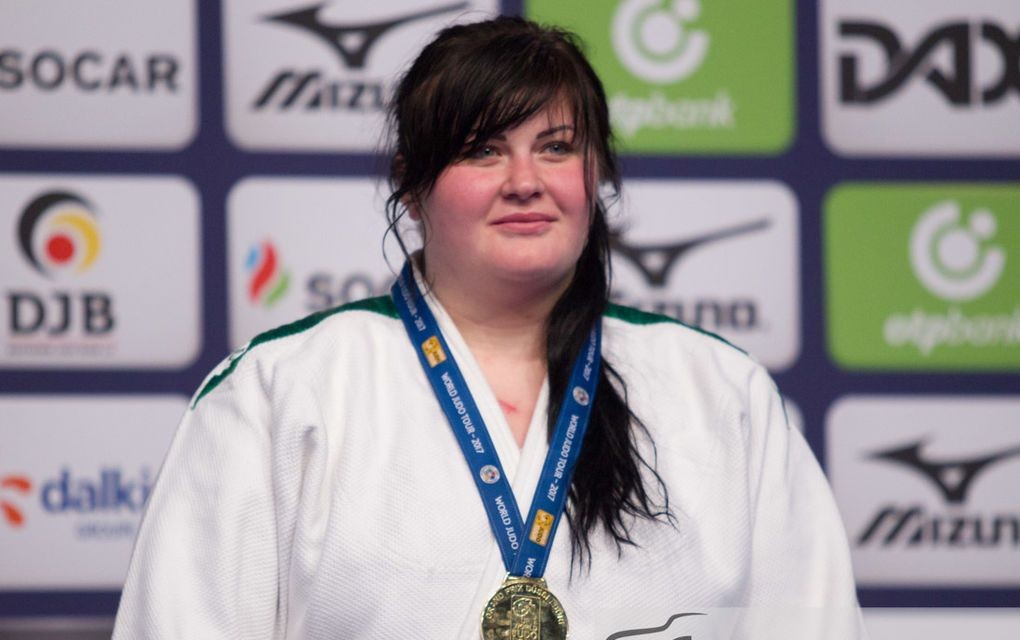
Immediately after the end of the judo program at the Games, the Azerbaijani Judo Federation announced a reduction in the salaries of athletes and changes in the coaching staff.
Traditionally, judo is one of the most successful disciplines in which Azerbaijani athletes replenish the country’s “piggy bank” of medals at the Olympics.
The claims of the silver medalist of the Olympic karate tournament Rafael Agayev about a “conspiracy” with an opponent was sensational.
Immediately after the defeat in the final by the Italian Luigi Buza, Rafael admitted in an interview with the National Olympic Committee of Azerbaijan that “an agreement was signed with the Italian athlete before the start of the competition”.

Rafael said that in the group stage he specifically lost to Buse so that he could get to the semifinals. In return, Buse promised not to provide adequate resistance if he makes his way to the final with Agayev.
But in the end, it turned out differently: in the final bout, Buse defeated Agayev with a score of 1:0 and became the Olympic champion.
After arriving in Baku, Rafael Agayev announced that he would prepare for the World Championship and prove to everyone that he is stronger than the Italian karate fighter. “From now on, he is not a rival to me, but an enemy”, Agayev said.
Armenia – third-best result in 25 years
Athletes representing Armenia returned from the Tokyo Olympics with four medals: two silver and two bronze.
In the overall medal standings, this gave Armenia 69th place.
The delegation of 17 athletes included a group of wrestlers: two freestyle and four Greco-Roman. Moreover, the expectations from the latter were even greater, but, to no end.
The only silver medal among Greco-Roman wrestlers was won by Arthur Aleksanyan. In the final match, he lost to Musa Yevloyev, representing the Russian Olympic Committee.
Very high hopes were placed on Artur Aleksanyan, as he was the gold medalist of the Olympic Games in Rio 2016 and the bronze medalist of the London 2012 Games.
The coaching staff of the Armenian Greco-Roman wrestling team accused the Olympic referees of unfair refereeing.
At the final press conference in Armenia, Gevorg Aleksanyan, one of the team’s coaches and the father of Artur Aleksanyan, even stated that he intends to give up the title of an international-class judge.
At the same press conference, it was announced that a complaint would be filed to the international court in connection to the unfair judging due to which the Armenian national team lost “at least three medals”.
This includes:
- Potential gold medal, which was not awarded to Artur Aleksanyan,
- Unfair refereeing during the fight of Karapet Chalyan, who was fighting for third place in the weight category of 77 kg.
- Quarter-final fight of Karen Aslanyan (67 kg) against Mohamed Ibrahim Elsaidi from Egypt.
Weightlifter Simon Martirosyan (109 kg) brought the second silver medal to the Armenian national team.
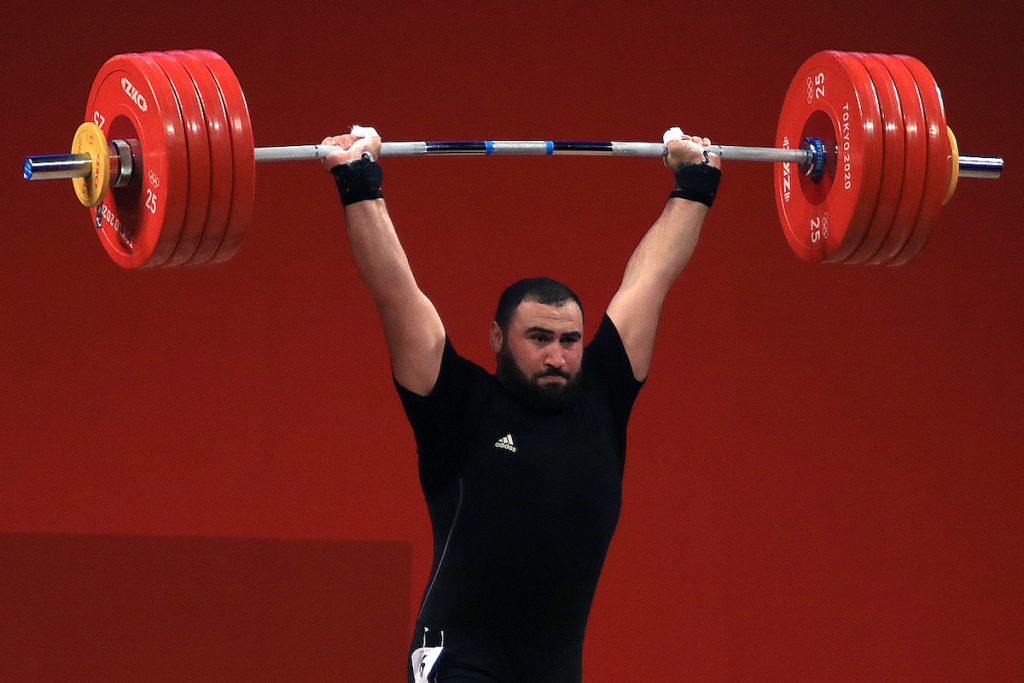
Immediately after the performance, he admitted that he fought just and only for the gold medal, and the second place was the result of his mistakes. This is Simon Martirosyan’s second Olympic silver.
Meanwhile, the bronze medals, which this time were won by the athletes, are much more important for Armenian sports.
After a long pause, the team finally won an Olympic medal in boxing. Bronze was awarded to the two-time European and European Games champion Hovhannes Bachkov.
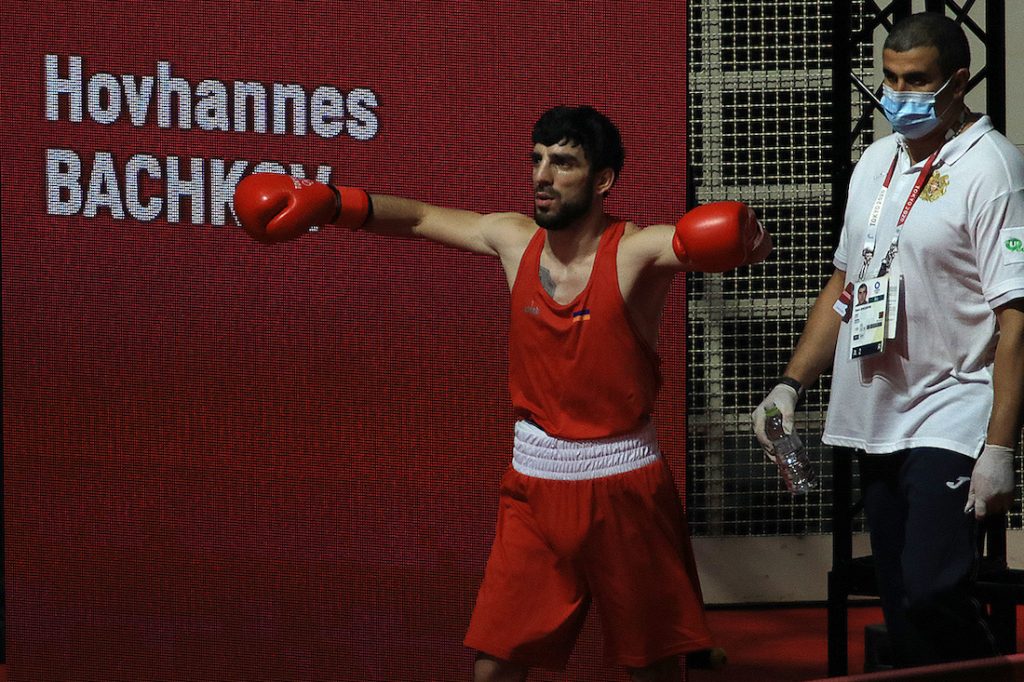
This is the second Olympic medal in this sport for post-Soviet Armenia.
Despite the deplorable conditions in which Armenian athletes train, gymnastics is traditionally considered a strong discipline in Armenia and at these games, gymnast Artur Davtyan won bronze.
This is the first Olympic medal for Armenian gymnasts since the 1980 Games in Moscow.
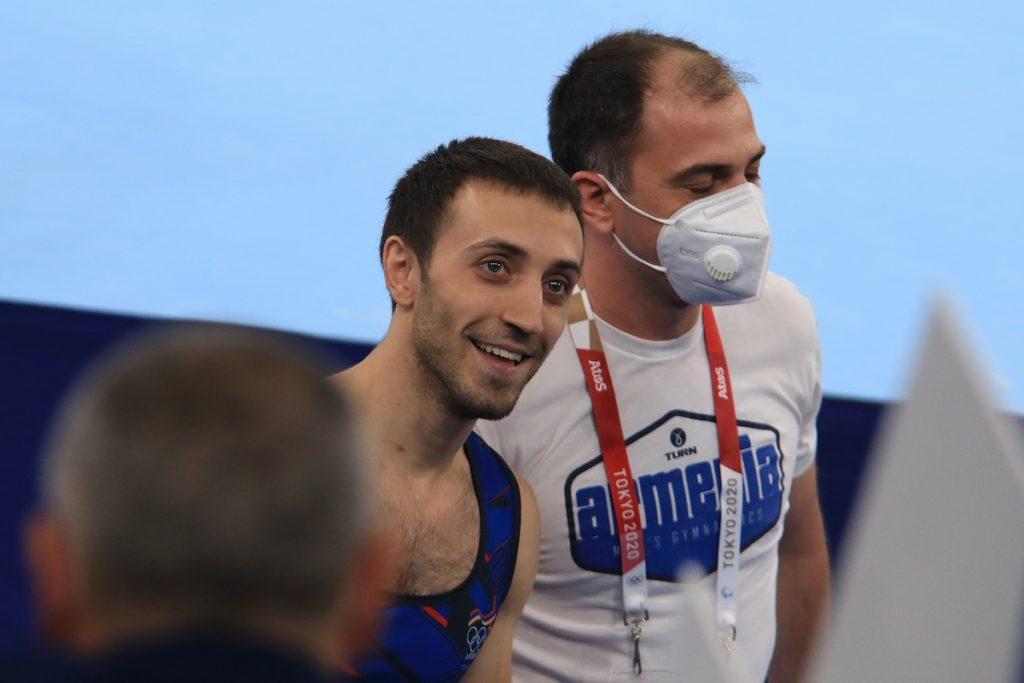
In general, according to the results of the Olympic Games in Tokyo, this is actually the third best result for the post-Soviet sports in Armenia.
Things were better at the games in Atlanta in 1996 when wrestler Armen Nazaryan won gold, and in Rio de Janeiro in 2016, when wrestler Artur Aleksanyan came first.


















